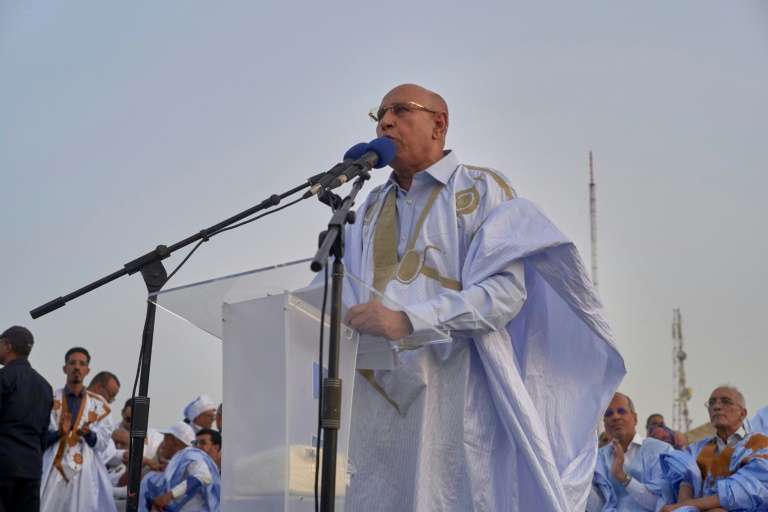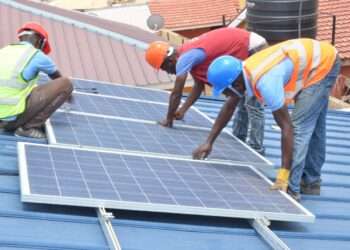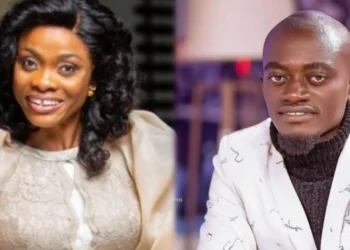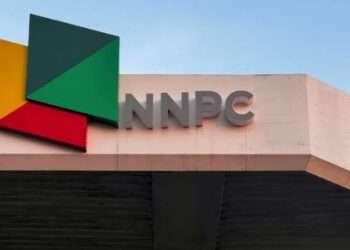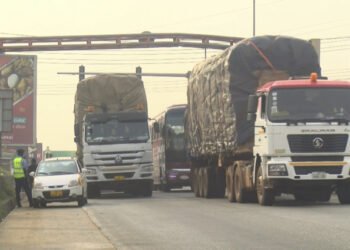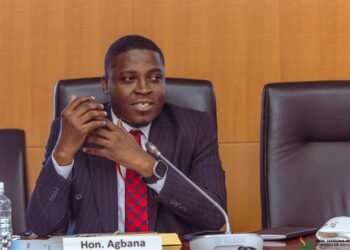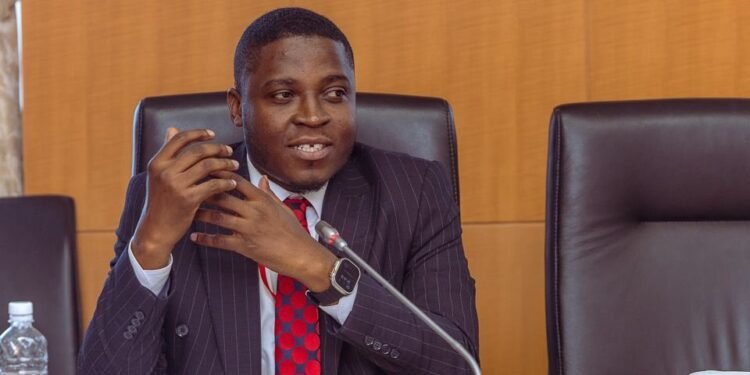Mauritania’s President Mohamed Ould Ghazouani has wrapped up his campaign for a second term in office as the nation heads to the polls on Saturday, June 29.
Ghazouani has pledged to drive economic growth and expand social programs aimed at eradicating poverty and curbing extremism in the West African desert country.
However, his administration faces accusations of corruption and mismanagement from political opponents.
Mauritania has positioned itself as a strategic ally of the West in a region often plagued by coups and violence. Nevertheless, the country has faced criticism for human rights abuses.
Despite this, Ghazouani, a former army chief who assumed power in 2019 following Mauritania’s first democratic transition, is widely expected to secure another term. He currently serves as the president of the African Union.
The election takes place amid heightened regional tensions, with neighboring countries experiencing military coups and jihadi violence.
Mauritania, one of the more stable nations in the Sahel, has been recognized as a vital partner in the fight against extremism and has not suffered any terror attacks since 2011. The West also values Mauritania’s role in controlling migration flows.
Earlier this year, the European Union allocated 210 million euros ($225 million) to assist Mauritania in combating human smuggling and preventing migrant departures. Additionally, 22 million euros ($23.5 million) were earmarked for a new anti-terrorism battalion to patrol the border with Mali.
“Mauritania did not emerge as an exception within a turbulent region by chance,” stated Aïssata Lam, Ghazouni’s spokeswoman.
“Above all, terrorism, banditry, and insecurity thrive in environments conducive to poverty and ignorance. The major socio-economic development projects that have been launched to improve living conditions in vulnerable regions considerably reduce the risks of radicalization and criminal drift.”
Aïssata Lam
Under Ghazouni’s administration, retirement pensions have doubled, over 1.5 million Mauritanians have received social assistance, and more than 100,000 families now benefit from state-funded health insurance.
The government has also enhanced military capabilities to combat terrorism and implemented deradicalization and social reintegration programs.
These programs promote religious dialogue for a moderate interpretation of Islamic principles and offer training and employment opportunities for former combatants.
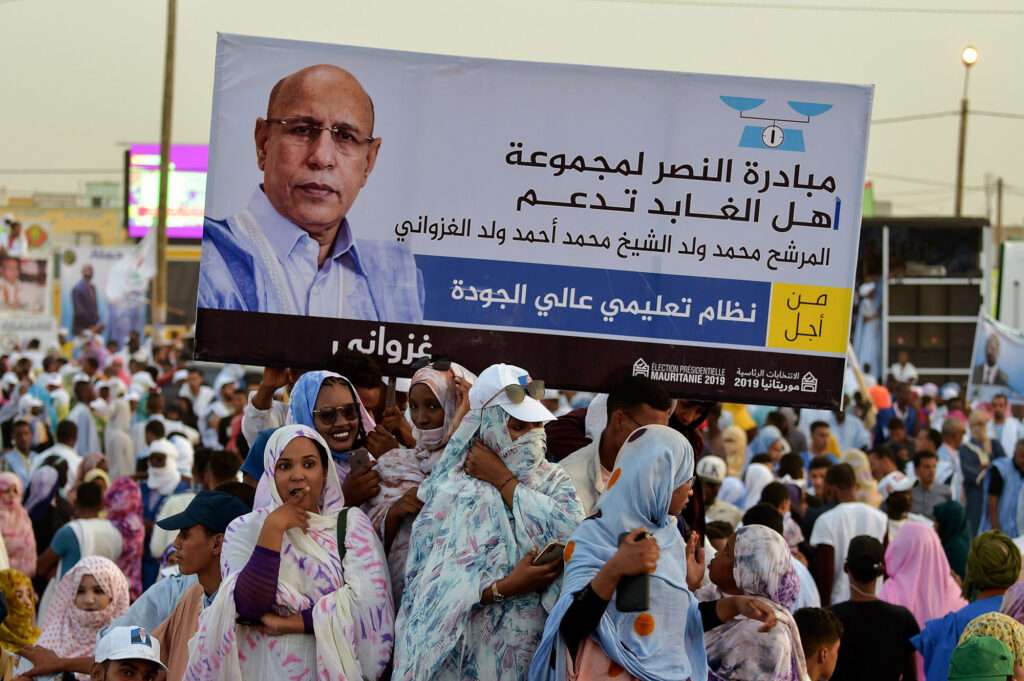
Ghazouni Faces Corruption And Favoritism Allegations
However, Ghazouni’s opponents accuse his government of corruption and favoritism. Biram Dah Abeid, an anti-slavery activist and Ghazouni’s main rival in the presidential race criticized the administration’s handling of state affairs.
“The Mauritanian regime has always lived on the pillage of wealth, the repression of populations, and the use of forgery,” Dah Abeid declared at a rally in Nouakchott, the capital, where supporters chanted “Zero Ghazouani” and “Long live Biram.”
Dah Abeid claims that under Ghazouni’s rule, corruption has been rampant and state funds have been misappropriated. Ghazouni faces five other challengers, including leaders of various opposition parties and a neurosurgeon.
During his campaign, Ghazouni emphasized Mauritania’s security commitments, a message aimed not only at the military juntas in neighboring countries and the Russian mercenaries from the Wagner Group but also at the jihadi groups that have made incursions into Mauritanian territory.
“I advise against anyone, an internal or external party, from thinking of destabilizing Mauritania or its territorial integrity,” Ghazouni warned at a campaign event.
Mauritania boasts significant natural resources, including iron ore, copper, zinc, phosphate, gold, oil, and natural gas.
The country is set to become a gas producer by the end of the year with the launch of the BP-operated Greater Tortue Ahmeyin offshore gas project near the Senegal border.
Despite its resource wealth, nearly 60% of Mauritania’s population lives in poverty, according to the United Nations.
Many people work as farmers or in the informal sector, with limited economic opportunities prompting many young Mauritanians to attempt perilous journeys across the Atlantic to reach Europe.
READ ALSO: World Bank: Remittances Slowed in 2023, Expected to Grow Faster in 2024

